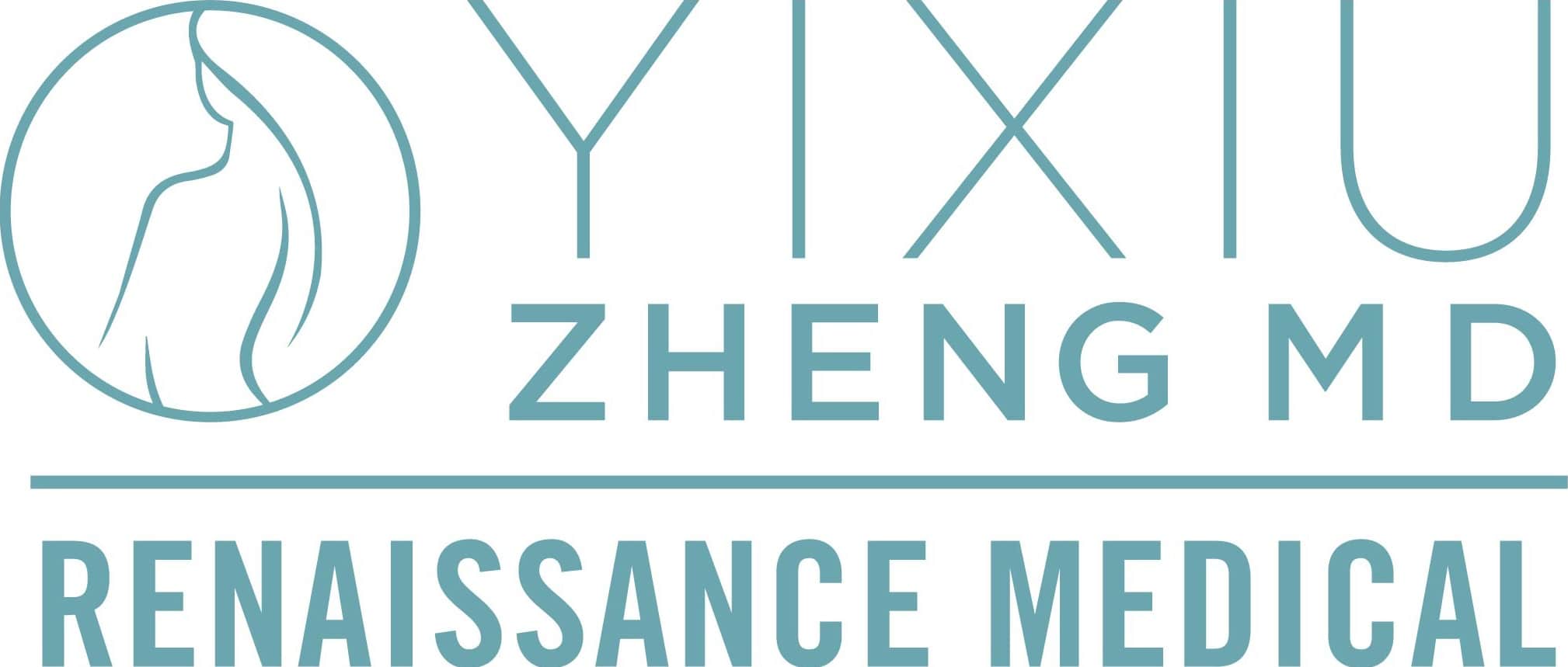In the quest for achieving optimal health and maintaining a balanced weight, it’s easy to fall victim to misconceptions and myths about weight loss. As a functional medicine doctor at Renaissance Medical, I’m here to set the record straight. In this blog post, we’ll debunk five common weight loss myths, providing you with expert insights from a functional medicine perspective.
Let’s dive in and discover the truth behind successful and sustainable weight management.
Myth 1: Skip Meals for Weight Loss
The Truth about Muscle Loss and Metabolism. One common misconception is that skipping meals leads to weight loss. While this may be true in the short term, it can have negative effects on your muscles and metabolism in the long run. in functional medicine, we emphasize the importance of fueling your body with nutrient-dense foods at regular intervals. This approach supports a healthy metabolism, stabilizes blood sugar levels, and prevents excessive hunger that often leads to overeating. Rather than skipping meals, consider opting for light meals that incorporate essential proteins and nutrient-dense vegetables,
Myth 2: All Calories are Created Equal.
While calorie counting has been a traditional approach to weight loss, functional medicine recognizes that the quality of calories matters too. Consuming empty calories, such as those found in chips and processed snacks, can lead to insulin surges and signal your body to store fat. instead, focus on consuming whole, unprocessed foods that are rich in essential nutrients. A diet composed of whale grains, lean proteins, healthy fats, and an abundance of colorful fruits and vegetables can optimize your metabolism, support weight loss, and improve overall well-being.
Myth 3: Cardio is the Key to Weight Loss.
It’s a common belief that cardio is the key to burning fat. While cardio exercise can be effective for fat loss, overdoing it may also lead to muscle loss. Building and maintaining muscle mass is crucial far long-term weight management, as muscles contribute to an increased metabolism, By incorporating a balanced exercise routine that includes both cardiovascular activities and strength training, you can optimize fat burning while preserving muscle mass.
Myth 4: One-Size-Fits-All Diets Work for Everyone.
There is ne universal diet that suits everyone’s needs when it comes to weight loss. Functional medicine recognizes the unique of each individual’s biochemistry, genetics, and lifestyle factors. A personalized approach to nutrition is key to unlocking successful weight management. By understanding your specific nutritional requirements, food sensitivities, and metabolic tendencies, a functional medicine doctor can tailor a customized dietary plan that optimizes your weight loss journey and promotes overall well-being.
Myth 5: Supplements Alone Guarantee Weight Loss.
While supplements can offer support on your weight loss journey, they are not a magic bullet. Functional Medicine takes a comprehensive approach, understanding that supplements work synergistically with a balanced diet and lifestyle modifications. Supplements such as probiotics, omega-3 fatty acids, and specific herbs may aid in digestion, reduce inflammation, or support metabolic function. However, they should be integrated as part of a holistic plan that includes a nutrient-rich diet regular exercise, stress management, and sufficient sleep.
Functional medicine provides a unique perspective on weight loss, focusing on individualized care and addressing the root causes of weight gain. By debunking these five weight loss myths, we’ve shed light on the importance of nourishing your body, understanding calorie quality, adopting a well-rounded exercise routine, personalizing your dietary approach, and utilizing supplements in a comprehensive manner. Embrace the power of functional medicine and embark on a journey towards sustainable weight management and overall wellness.
